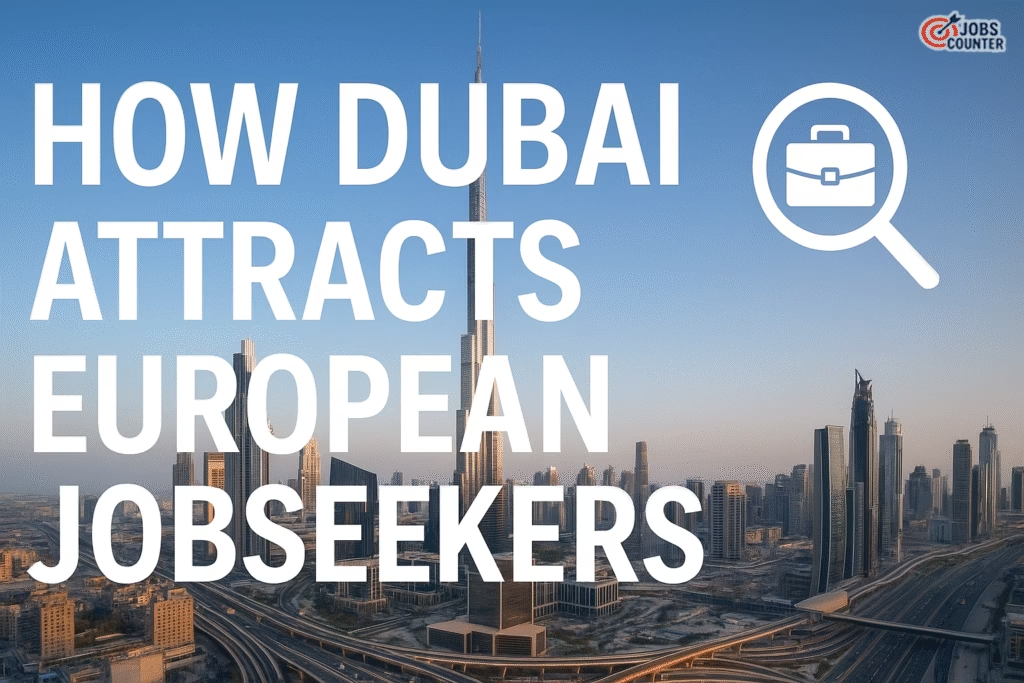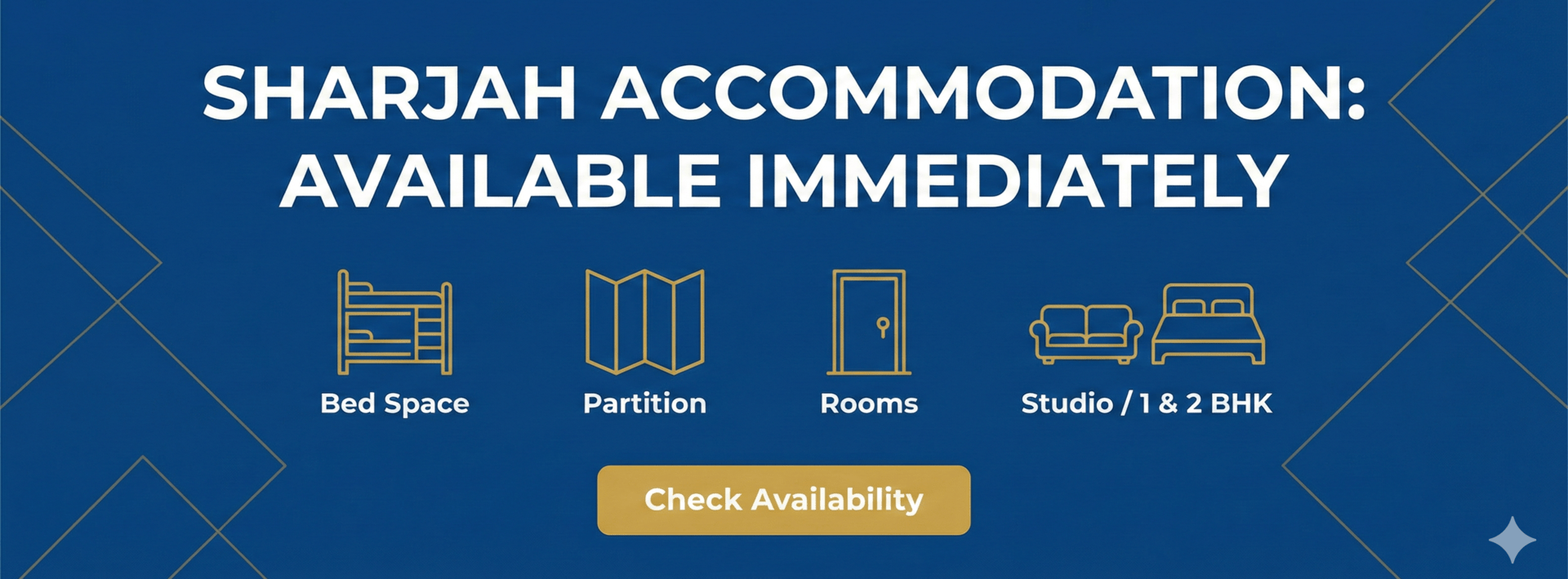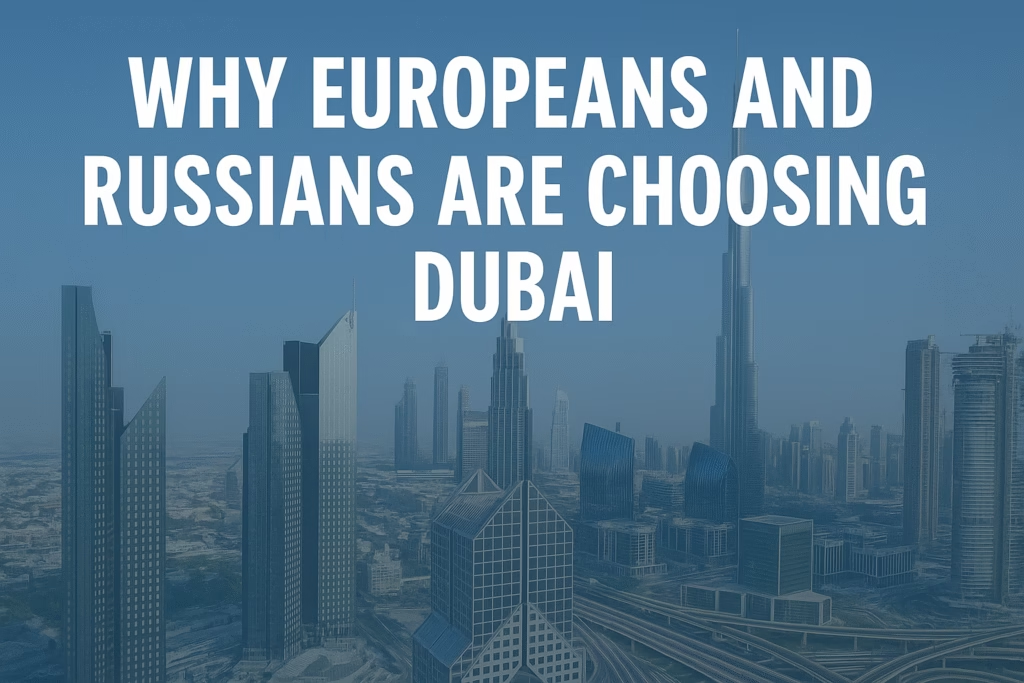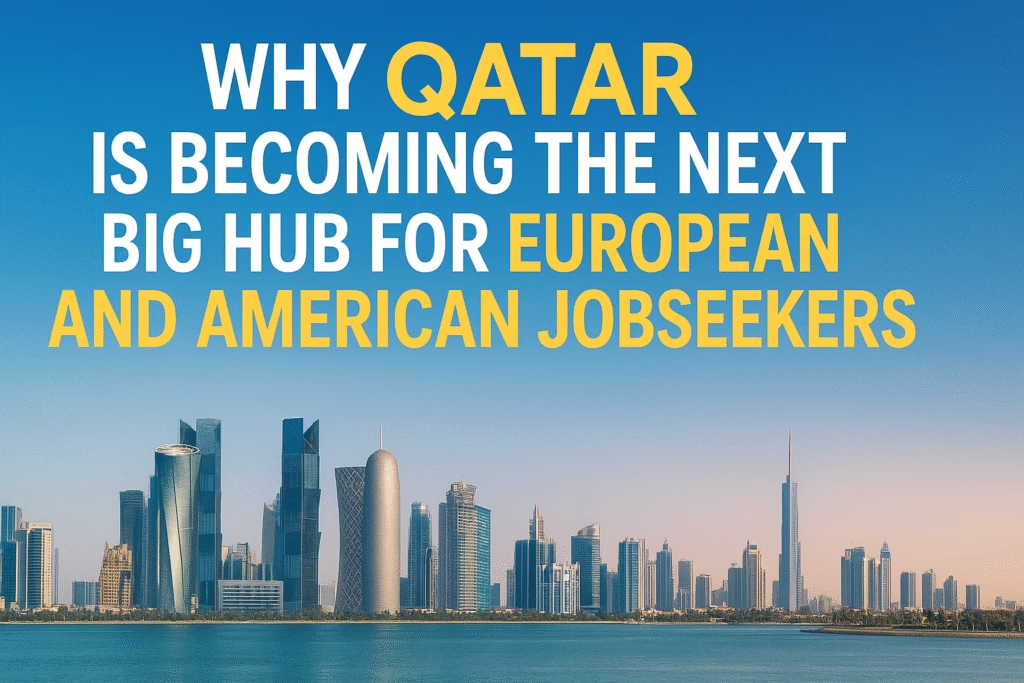Last Updated on October 27, 2025 by Jobs Counter
Dubai Attracts European Jobseekers | European Jobseekers Earn 400,000 AED/Yr
In recent years, Dubai has transitioned from a regional hub to a global magnet for professional talent. Many Europeans facing saturated job markets, high tax burdens, and limited career progression at home are now looking toward Dubai as an alternative path. The city of dreams, Dubai attracts European Jobseekers, offering a unique convergence of business opportunity, lifestyle appeal, and international mobility — making it a compelling choice for professionals who want to break free from the conventional European career treadmill and position themselves for rapid growth in a truly global environment.
A Tax-Free Salary: What Makes Dubai So Financially Attractive
One of the strongest hooks for European job seekers is Dubai’s tax-advantaged salary structure. With no personal income tax for most employment statuses in the UAE, the “net take-home” figure can be substantially higher than what many earn in Europe after tax. For example, global surveys have placed the average expat salary in Dubai at about US $138,177 (~AED 507,110) per annum, placing the city ahead of London, Vienna, and Oslo for gross incomes among expatriates. When you factor in the tax savings, this difference becomes even more meaningful for Europeans used to paying 30-50 % in income tax.
That said, the headline number is just part of the story: allowances (housing, transport, schooling), potential bonuses and other benefits make the effective compensation package bigger. One guide points out that for many European professionals in Dubai, a comfortable monthly salary starts at AED 18,000–30,000 (≈US $4,900-8,200) for a single professional.
Salary Scales and Career Growth for European Professionals in Dubai
Entry-to-Mid Level: Getting Started
According to salary guides for 2025, entry-level professionals in Dubai often earn as little as AED 12,000–18,000 (~US $3,250-4,900) per month — a modest base, but remember it’s tax-free and often comes with benefits. For a European jobseeker coming from a role earning, say, €40,000–€60,000 gross in Europe, the move could still yield a net gain depending on home-country tax and cost of living. A comparative table shows, for example, a software engineer in the UAE earning AED 18,000-35,000 vs a similar role in Germany earning approx €4,500-7,000 monthly.
Senior Roles: High Earning Potential & Benefits
For senior professionals or those in high-demand sectors (e.g., fintech, senior management, data science), compensation packages in Dubai shift dramatically upward. Guides place senior tech roles at AED 25,000–40,000+ per month and finance/executive roles up to AED 60,000+ per month (≈US $16,300+). One survey reported the average expat salary (all levels) at ~ US$138,000 annually.
Importantly, many senior roles include generous allowances: housing, schooling for children, annual flights home, and health insurance. These perks can substantially increase effective income (and decrease personal out‐of-pocket costs), making relocation more financially compelling.
Additionally, career growth in Dubai can be faster. With a growth-oriented economy, professionals often find opportunities for promotion, new ventures or regionally-leveraged roles more quickly than in some mature European markets.
Beyond the Pay-check: Additional Earning Avenues and Investment Options
Relocation to Dubai unlocks not only direct employment income but also multiple paths to supplementary earnings — a major attraction for Europeans who are used to side-gigs, investments or freelance work in addition to their main job.
Firstly, the regulatory environment increasingly supports freelancers, remote work and entrepreneurial businesses. Many Europeans move with the intention of combining a full-time role with consultancy, side-projects or eventually launching their own venture in one of Dubai’s many free zones.
Secondly, investment opportunities are attractive. Real estate in Dubai continues to draw interest from foreign buyers; for a European professional earning a strong salary, purchasing property (often with favorable loan terms for expats) becomes feasible. The tax-free income, combined with the growing property market potential, can make Dubai a hub for both earning and investing.
Thirdly, the absence of income tax means that when surplus income is saved, it has a stronger compounding potential compared to many European countries. This amplifies wealth-building potential — for those disciplined enough to reinvest their savings.
Also, read Why Europeans and Russians Are Moving to Dubai 2025
Work Culture, Business Infrastructure and Networking Advantage
Europeans often express surprise at how familiar the professional culture in Dubai can be. Many multinational firms—including European HQs—operate in Dubai, and English is the principal business language. The city offers high-end infrastructure: global connectivity (direct flights to most European capitals), modern offices, coworking hubs, and a transient but professional workforce.
The networking possibilities are rich. For Europeans who may have felt limited by local or national career structures at home, Dubai’s globalized ecosystem offers access to regional leadership roles, cross-functional mobility, and exposure to emerging markets. The city’s ambition-driven environment encourages entrepreneurship and risk-taking: something that resonates with European professionals who want to escape stagnation and be part of something dynamic.
Visa, Residency and Long-Term Stability for European Jobseekers
While salary and job prospects attract many Europeans, the visa and residency landscape seals the deal. Dubai offers multiple visa pathways: work sponsorship, freelance visas, and long-term residency (e.g., Golden Visa). These options mean that relocation is not just a 1-2 year assignment but can be a long-term lifestyle and career shift.
Because many Europeans value stability and the ability to bring family, the ability to sponsor dependents, access international schooling and stay in the country long-term is key. These structural supports differentiate Dubai from many other relocation options.
One report notes that Dubai’s talent-attraction strategy is built around these longer-term residency options—designed to turn transient expats into stable, invested professionals in the region.
Lifestyle, Climate and Family Considerations: The Complete Package
For many Europeans, professional advancement is only half the story. Dubai’s appeal lies equally in lifestyle: year-round sunshine, beaches, modern apartment living, international schools, high safety ratings and high-quality healthcare. The city effectively markets itself as a luxury-forward, yet modern and secure international urban center.
Moreover, the city’s geographic location is a bonus: just 6–7 hours’ flight from many European capitals, making visits home manageable. For families, this connectivity, combined with global schooling options and expatriate communities, provides reassurance.
That said, climate and lifestyle remain important caveats. Summers are extreme, outdoor living may be limited for months, and the culture is different. European job seekers who understand this and plan accordingly often find the lifestyle boost is real and meaningful.
Important Caveats: Cost of Living, Career Fit and Exit Strategy
While the upside is clear, the relocation model has risks that European jobseekers must evaluate. Recent data show that salaries for new recruits are stagnating: one salary guide predicted no net increase for many roles in 2025, as competition rises and the expat population grows. Living costs are also rising: rental rates in Dubai increased by around 16 % in the preceding year in some segments, sobering evidence that a higher salary does not automatically translate into higher savings.
Career fit matters too: European professionals moved to Dubai expecting steep growth and found the pace different than imagined. Some Reddit posts suggest that for those drawn solely by salary without aligning with local market demands or culture, the move can under-deliver.
Finally, exit strategy: relocation should not be a one-way street without fallback. Exchange rates, home-country tax residency, family considerations, long-term wealth planning and retirement all need consideration.
Conclusion: How to Make the Move That Works
For European jobseekers with strong skills, global mindset and ambition, Dubai presents one of the most compelling relocation options today — a place where high earnings, tax advantage, international exposure and lifestyle combine. The financial mathematics often stack in favour, especially compared to saturated European markets. But success hinges on prepared planning: understanding salary benchmarks, assessing cost-of-living, securing a visa/residency pathway, and aligning career goals with Dubai’s growth sectors.
If you’re a European professional considering the move, ask yourself: What salary package (including allowances and tax savings) will exceed my net European income by a comfortable margin? What side income or investment path can I build on top of my main job? What lifestyle and family trade-offs am I willing to accept? If the answers line up, the move to Dubai may be more than a career decision—it could be the start of the next chapter.
Sources:
- “Dubai tops region for expat salaries: HSBC survey”
- “As expats flock to Dubai, living costs are surging. Salaries not so much.”
- “UAE rated highest for expat lifestyle, earnings and family stability”
- “Dubai ranks as the third-best city in Asia for expats”
- “How to Apply for a Schengen Visa from the UAE (2025 Guide) & Salary Growth Tips for Professionals”






